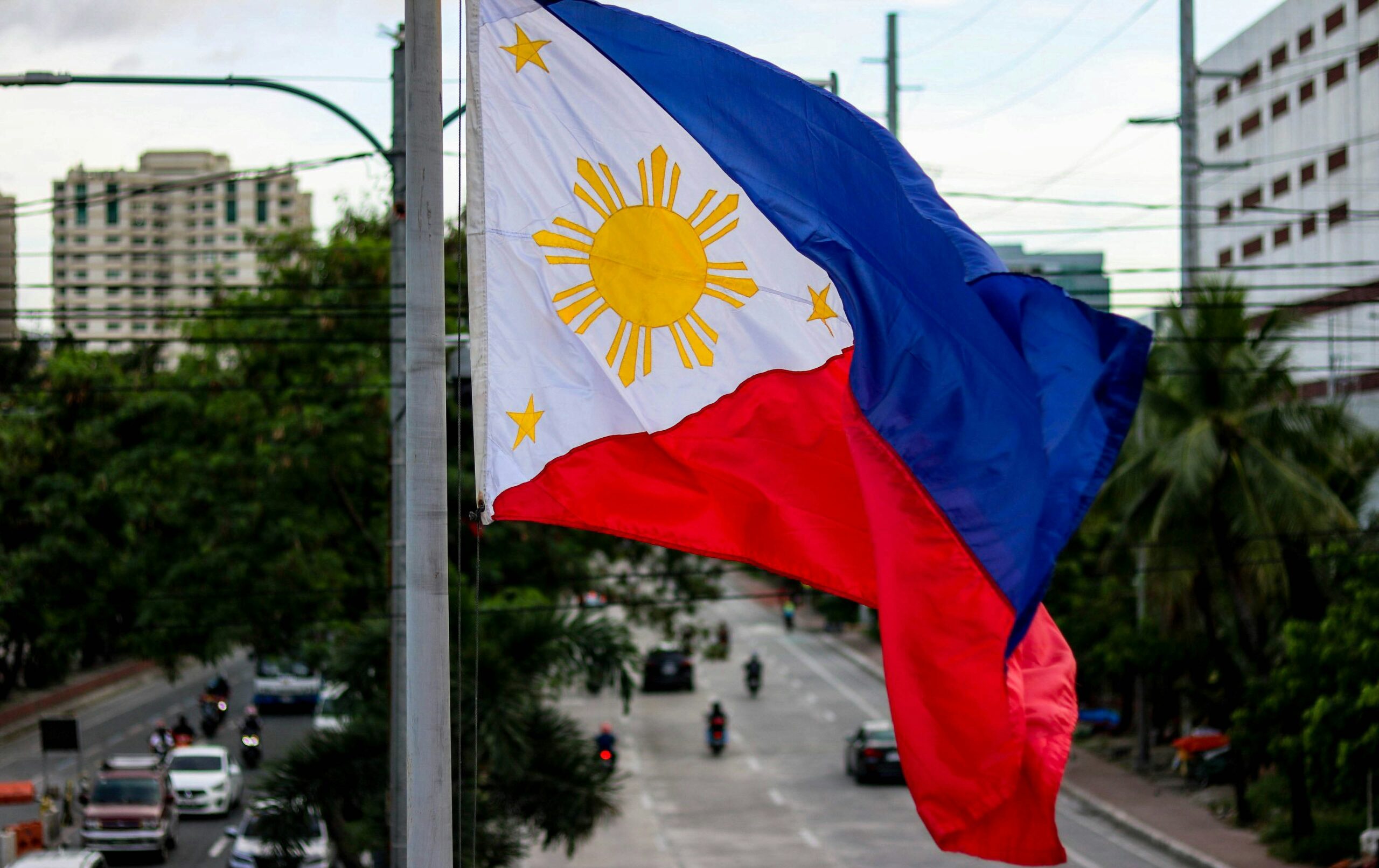
Former President of the Philippines Rodrigo Duterte is running again as mayor of his hometown in yet another twist surrounding his controversial political career. His leadership style has been marked by his unconventional leadership style and combative rhetoric.
Labelled ‘Asia’s Trump‘ by some, Duterte and his family have repeatedly made headlines. He notoriously compared his anti-drugs campaign to the Holocaust, receiving widespread condemnation. He also referred to the US ambassador using a homophobic slur, sparking a diplomatic row between Washington and Manila. Additionally, Duterte stated he would visit the Vatican to apologise to the Pope personally after insulting him during his presidential campaign in 2016. Despite these controversies, his campaign team argued that his bold and outspoken style boosted his populist appeal—a hallmark of his presidency.
As president, Duterte’s legacy centred on his war on crime and drugs. Many believe his tough stance and success as mayor of Davao City (where he is running again) played a key role in his presidential victory. As many as 30,000 civilians are said to have been killed during Duterte’s “war on drugs”, mostly men from poor and urban areas. Human rights groups have regularly challenged the idea that police killings occurred in self-defence, arguing that police falsified evidence to justify unlawful killings.
Duterte’s actions have led to several ongoing investigations. These include an International Criminal Court (ICC) probe and inquiries by the Philippine House of Representatives and Senate. The ICC recently rejected an appeal by the Philippines that domestic investigations were sufficient, allowing the ICC investigation to proceed. However, continuing the ICC case is likely to face opposition from the current President of the Philippines, Ferdinand Marcos Jr, who calls it a threat to national sovereignty. Marcos Jr ran a joint election campaign with Duterte’s daughter, Sara Duterte-Carpio, in 2022.
The ongoing House of Representatives inquiry has also been damning for Duterte, especially in recent weeks. Former Philippines police commander Royina Garma told a parliamentary committee that Duterte called her in May 2016, asking her to find a police officer capable of implementing the national “war on drugs”. Duterte has denied authorising extrajudicial killings, but previous remarks during his Presidency call this into question.
Duterte’s decision to run for mayor of Davao City comes at a time when his record is under intense scrutiny. It also follows the collapse of the political alliance between the Marcos and Duterte families. The President- Vice President coalition of Ferdinand Marcos Jr and Sara Duterte-Carpio collapsed very publicly this year, generating significant press attention. Duterte-Carpio publicly ridiculed Marcos Jr in October, claiming she harboured thoughts of beheading him and exhuming the body of the late Ferdinand Marcos Sr, his father, and throwing his body in the ocean. These comments were met with widespread condemnation by top political figures including the Senate leader and minority leader.
It is therefore likely that Duterte’s bid for mayor comes as an attempt to reassert political power for the Duterte family at a time when their political status is being threatened by ongoing political manoeuvring and legal challenges, both nationally and internationally. Duterte’s political ambitions may, however, be curtailed by legal charges or changing political opinion. Either way, Rodrigo Duterte and his legacy continue to make their mark on the Philippines.
A flag on a pole by iSawRed, 2020 // Unsplash Content License



Average Rating